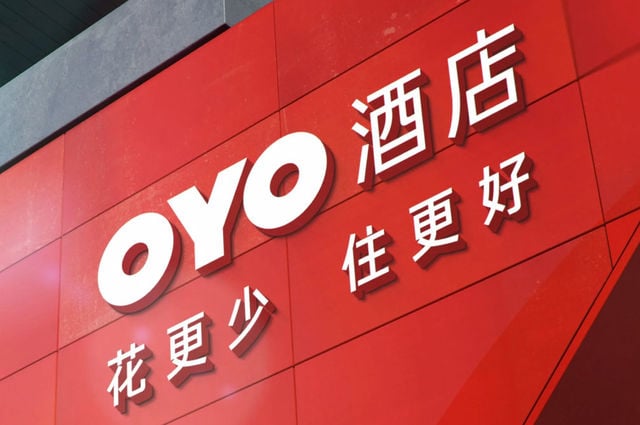Is OYO Hotels the next WeWork of the hospitality industry?
8 experts shared their view
Funded by SoftBank, which also bankrolled WeWork, today OYO has a a valuation of $10 billion (more than Choice Hotels and Wyndham Hotels combined) and boasts being the fastest growing chain in the world with over 1 million rooms in its portfolio. Beneath the PR glitz some industry experts see major structural and business model flaws: overhyped tech stack that often fails, "novel" revenue management approach of pursuing occupancy at any cost by lowering rates in periods of peak demand without the approval by ownership, as well as lack of brand recognition among the traveling public, forcing Oyo to rely on third-part resellers like Airbnb, HotelBeds, OTAs, etc. Is Oyo Hotels and Homes a great success story or is it another example of a cash-burning startup that will crash the moment cash infusions dry up?
1. If we only look at OYO Rooms, one of its greatest strengths (as Temasek reports) is to offer "reliable accommodation at a fraction of the price." OYO's CEO himself complained about the industry unbalance between demand and supply on many occasions, so I am not particularly outraged by its aggressive revenue management strategy: it's a means to an end and, for what I've seen so far, it's working.
2. OYO realized in one year what chains didn't in 100: up to "90% of the assets in the hospitality industry are small or independent hotels with less than 100 rooms." That's virgin territory, and OYO is Christopher Columbus.
3. OYO was able to rapidly create personalized products for different travelers: business/corporate (SilverKey, Collection O), mid/up-scale (Capital O, Palette), young (Townhouse, LIFE), alternative (Home, Vacation Home, Airbnb's investments, Leisure Group acquisition), bedbank (Hotelbeds' partnership), etc. Brands? Sub-brands? Chains? Semantic nuances, OYO has you covered.
4. OYO's lack of brand recognition is the consequence of its eclecticism. Booking.com has been listing non-traditional accommodations +20Y now, yet, to most, it is still a hotel-only (or, at least, a hotel-first) OTA, so it's not surprising that many amongst us haven't figured out what OYO's core biz is.
5. Tech. Here is where things become complicated. Creating a solid, efficient ecosystem is crucial for OYO, but the efforts to standardize can fail miserably at the moment of truth: OYO properties are unbranded, with a maelstrom of different legacy platforms. The recent acquisition of Danamica could help OYO being more accurate with pricing but doesn't help hoteliers with '90s software.
Conclusion: rapid growth is a good problem to have and, IMHO, OYO is managing it quite well.


